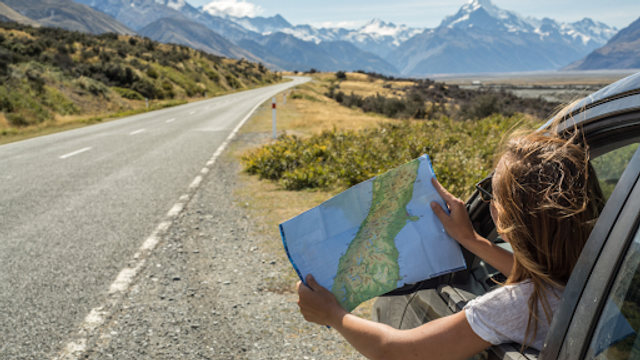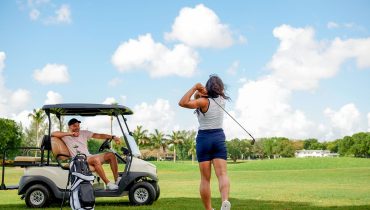There are probably many strategies you use every day to deal with the symptoms of overactive bladder (OAB) if you’re one of the 33 million Americans who experiences them. However, doing something out of the ordinary, such as traveling, can be A) overwhelming; B) stress; C) hopeless; or D) all of those things at once.
Before your trip
Get your bladder in shape. Get into the habit of holding your urine longer as soon as you start planning your vacation. How? By regularly performing the squeezing and relaxing movements of Kegel exercises, you can strengthen the pelvic floor muscles, where the urine flow begins and ends. Dr. Rogers notes that Kegel exercises “performed properly and regularly” can delay bladder emptying.

Place an upright seat. Whether you’re on a bus, train, or plane, you should ask for a seat near the restroom, if not an aisle seat. According to Kristina Kehoe, a pelvic floor physical therapist from Columbus, Ohio, the lack of convenient restrooms is one of the difficulties people with overactive bladders face when traveling. Many women who deal with overactive bladder arrange their daily schedule around where they can go to the bathroom. Going to unfamiliar places or using crowded public transportation (like planes with only one restroom) can be really difficult.
Arrange rest stops. Marisa Clifton, M.D., a women’s health urologist in Baltimore, notes that patients with overactive bladder may feel anxious about traveling and may not be willing to participate in activities. They want to because they are worried about not being able to go to the bathroom. Together with her patients, she tries to “develop a strategy to help people move more comfortably.” A key component of that strategy? Having the opportunity to travel where and when you want is important. The toilet finder app is very useful.
In the trip
Maintain adequate fluid intake. Additionally, “Make sure to drink enough water,” Dr. Rogers advises. In an effort to reduce the frequency of urination, many people cut back on their water intake. However, this strategy will be counterproductive if it leads to the production of more concentrated urine. Increased frequency of urination may be due to urine concentration.










